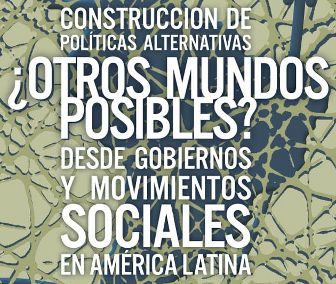 Michel Bauwens, founder of the P2P-Foundation, wrote a great article on Al Jazeera website on the expansion of sharing economy and peer production — and the problems for capitalism it causes.
Michel Bauwens, founder of the P2P-Foundation, wrote a great article on Al Jazeera website on the expansion of sharing economy and peer production — and the problems for capitalism it causes.
The headline taken from Bauwens article is somewhat vague, because it is not clear what type of value is meant there. In the text he distinguishes between use value and exchange or monetary value. He explains, that the more use value is produced by way of open source and peer production, the more exchange value has been removed from the market:
Thus, the open-source economy destroys more proprietary software value than it replaces. Even as it creates an explosion of use value, its monetary value decreases.

 The following paper was written for the
The following paper was written for the 
 Am 8. und 9. Oktober 2010 findet an der Freien Universität Berlin die dritte
Am 8. und 9. Oktober 2010 findet an der Freien Universität Berlin die dritte